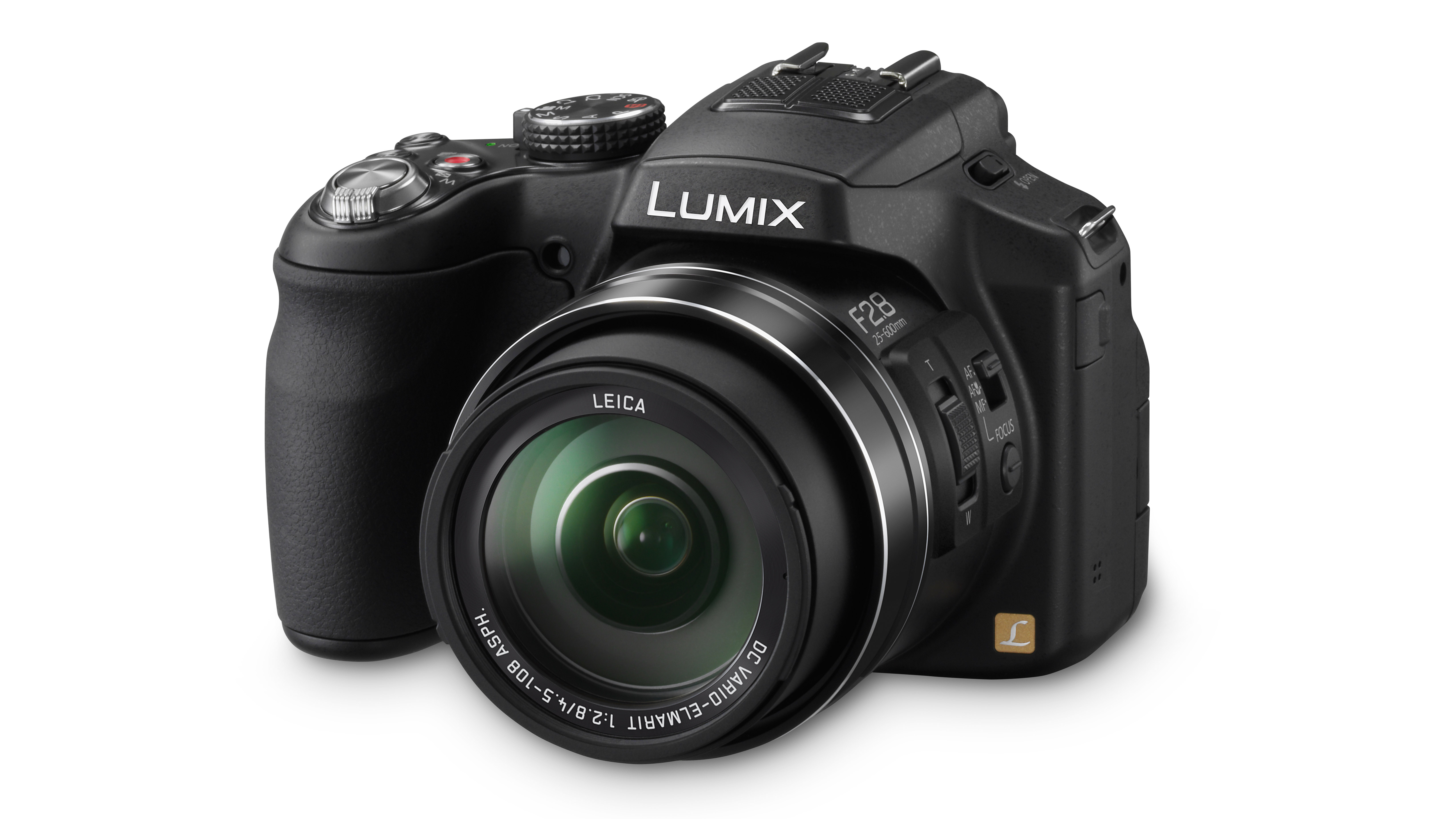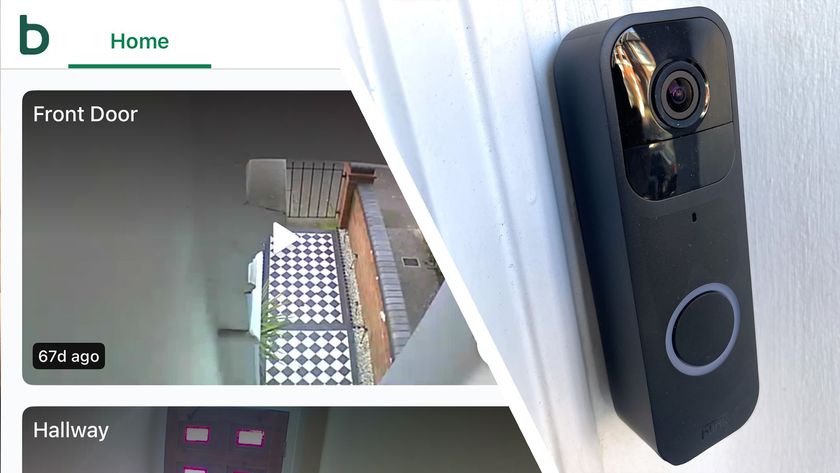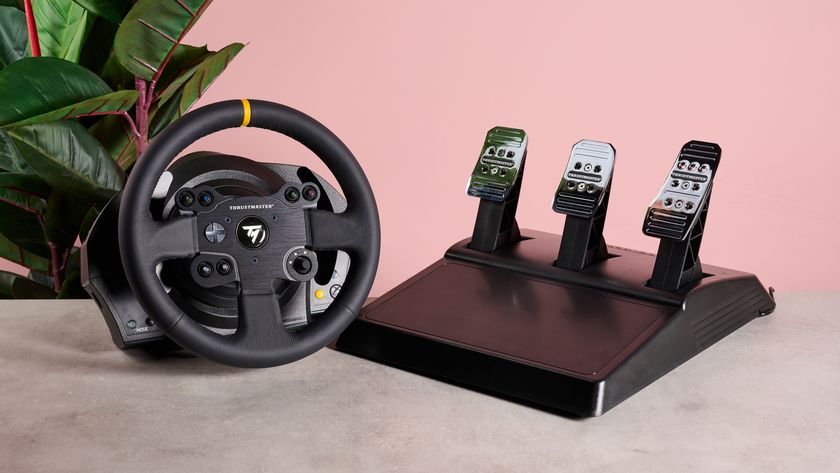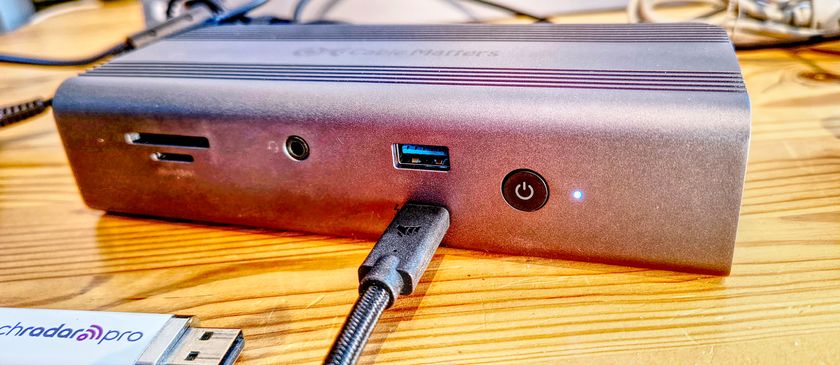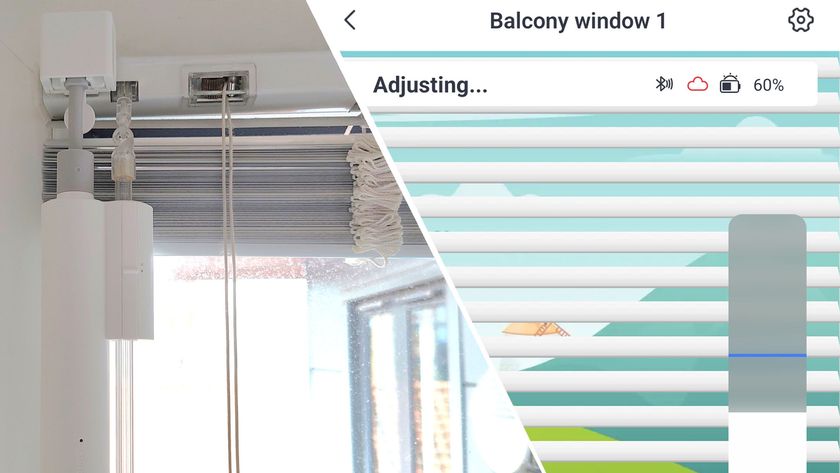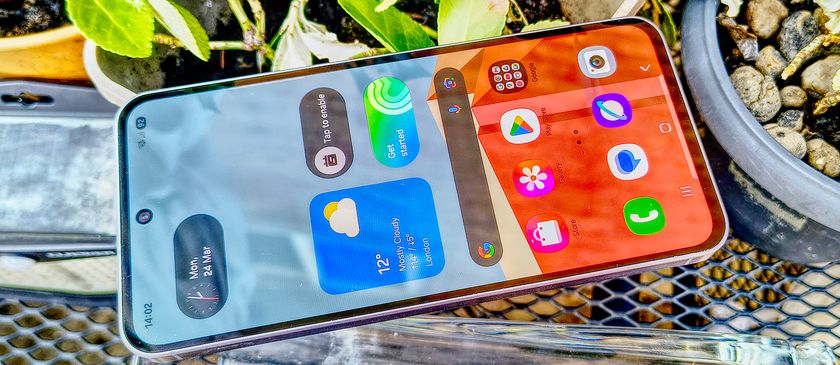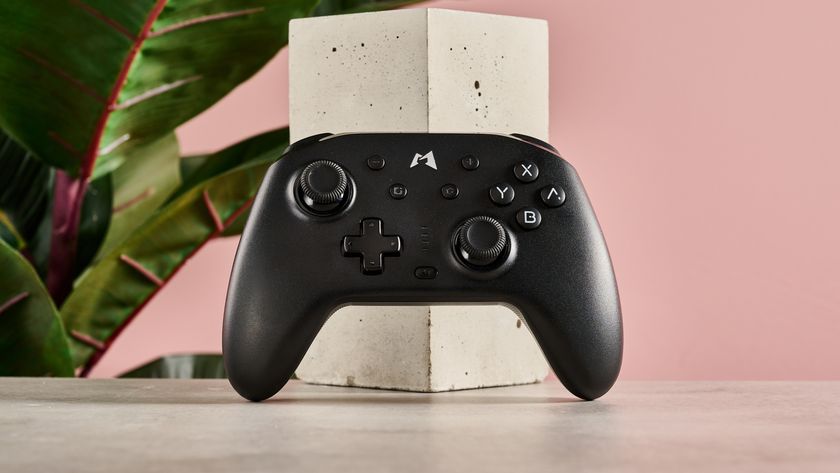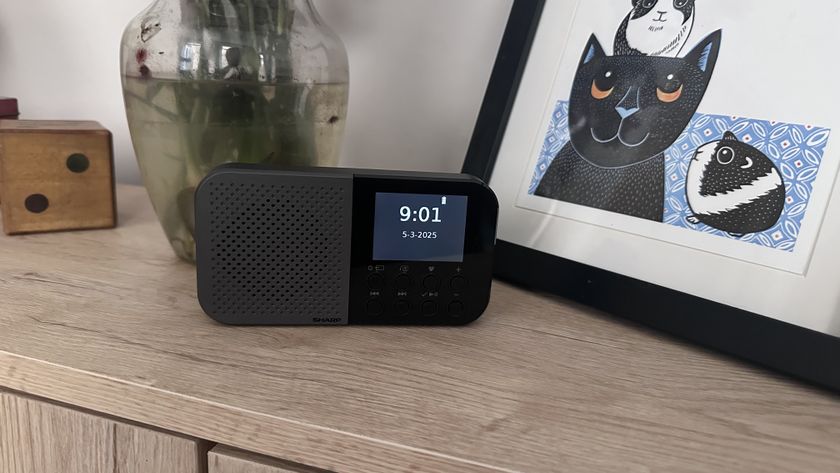TechRadar Verdict
Pros
- +
Fast f/2.8 aperture
- +
Raw capture
- +
Lots of direct controls
- +
Full articulated LCD screen
- +
Fast, efficient AF system
Cons
- -
Luminance noise even at low ISOs
- -
Images sometimes flat
- -
EVF gives blue tint in mixed lighting
Why you can trust TechRadar
Bridge cameras are perhaps sometimes unfairly dismissed as not being tools for 'proper photographers'. Perhaps what this niche has needed is a newcomer to storm onto the scene with a specification list that will make all the dedicated DSLR users out there do a double-take.
Perhaps the Panasonic Lumix DMC-FZ200 is that camera.
With an impressive list of numbers and features, the Panasonic FZ200 could very well be the first small bridge camera to truly make DSLR owners - or those thinking about upgrading to a DSLR - rethink their plans.
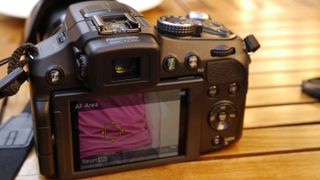
The signature feature of the Panasonic FZ200 is its 24x zoom lens, with a fast f/2.8 aperture that remains available across its entire equivalent 25-600mm (equivalent) focal length range.
Sure, there are bigger zooms out there, such as the Nikon Coolpix P510's 41.7x, 24-1000mm zoom range, and even the Panasonic FZ200's predecessor, the Panasonic FZ150 boasts the same 25-600mm focal range.
Panasonic Lumix FZ200 at a glance
Sensor: 12.1 megapixel, 1/2.3-inch MOS sensor
Lens: 24x zoom, 25-600mm (equivalent) f/2.8-f/8
LCD Screen: 3-inch, 461,000 dot articulated screen
ISO range: ISO 100-3200, Auto
Dimensions: 125.3mm x 86.6mm x 110.2mm (4.9 x 3.4 x 4.3 inches), 588.4g (12.9lbs)
But the maximum aperture of f/2.8 throughout (on the FZ150 it was restricted to wider focal lengths) marks - at least on paper - a breakthrough for Panasonic.
This goes some way to explain why the new Panasonic FZ200's full retail price of £568.99/AU$799/US$599.99 makes it more expensive than both the P510 and FZ150.
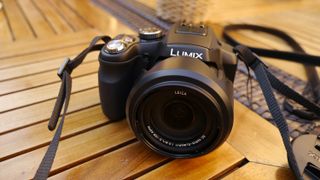
Also rare for cameras of this class is the Panasonic FZ200's ability to shoot raw images. And though it uses a fairly standard (for compact cameras) 1/2.3-inch sensor, Panasonic has 'only' used 12 million pixels on its sensor, to make it more capable in low-light situations.
Partnered with its fully articulated 3-inch LCD screen, EVF and a whole host of direct controls, the Panasonic Lumix FZ200 appears to breathe some new life into a stagnant market.
Build and handling
The Panasonic FZ200 has bags of direct controls, and the layout of the buttons is very sensible with regard to where your hand grips the camera. The deep, contoured rubber grip on the Panasonic FZ200 also makes it feel secure in your hands, while a small, raised rubber thumb rest on the back prevents it slipping.
Your index finger rests comfortably over the shutter button on the top plate, and is in close proximity to the video record, burst shooting and Fn buttons, as well as the mode dial (into which the On/Off switch has been integrated).
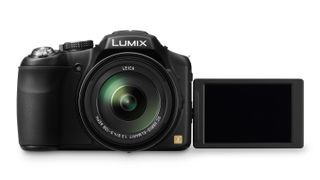
Underneath your thumb on the back of the camera are the Playback and AF/AE Lock (which also doubles as a second Fn button) buttons, and a multi-function wheel on the far right, above the thumb grip.
This wheel enables you to adjust aperture and shutter speed settings in manual mode, or the dominant setting in another mode and +/- 3EV exposure compensation in 1/3 stops. To alternate between the two, simply press in on the wheel.
Below the thumb grip is a third customisable Fn button and the display button, which sit above a four-way controller, with options for setting ISO, white balance, the self-timer and your AF mode. In the centre of this controller is the Menu/Set button. At the bottom is the Q Menu/Cancel button.
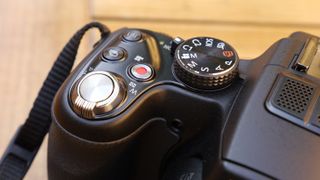
Finally, to the left of the viewfinder is a button to switch between using the LCD or EVF. It's a bit of a shame that there's no eye sensor to automatically switch between the two for you (and it took several moments of 'Why isn't this working?' before remembering that's not a feature on this camera). But it's a minor complaint.
Other cool controls? Yes, there are more. On the lens barrel is a switch for alternating between AF, AF Macro and Manual Focus, with a focus button beneath it. There's also a second zoom toggle if you don't want to use the one around the shutter button.
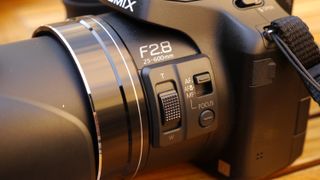
Everything feels sensibly placed, and nothing was too awkward to press or adjust. In fact, we were quite capable of changing most settings one-handed. What's more, the robust build and large grip never left us in doubt that we shouldn't be using just one hand.
The only complaint about the Panasonic FZ200's build, while seemingly small, is one that proved a frequent annoyance: it was rather difficult to open the articulated LCD. The screen has a small raised bit on the upper-right corner, but nothing on the bottom - and it's not substantial enough to make pulling it open a simple exercise. There's real exertion here.
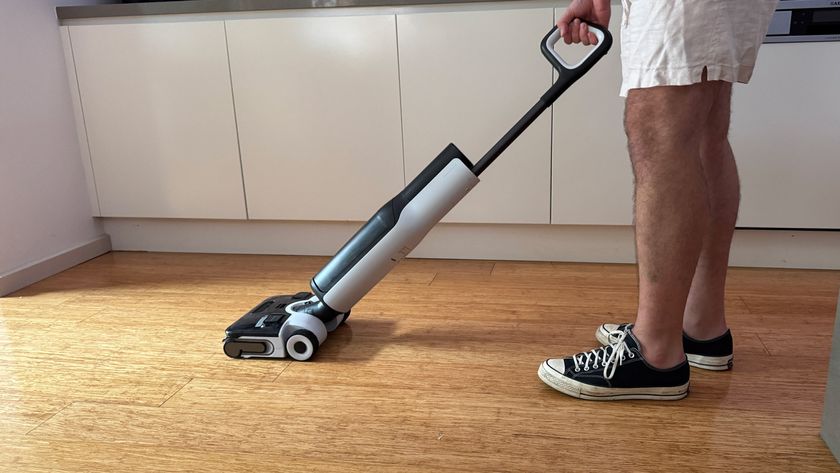
I usually hate cleaning, but the Roborock F25 Ace wet-dry vacuum made it kind of satisfying
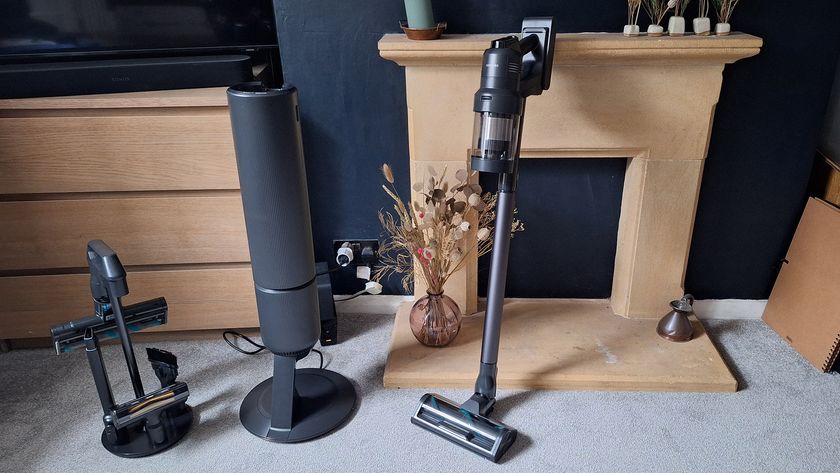
Testing Samsung's new AI-powered vacuum taught me that I don't really need my vac to be know the difference between every single surface
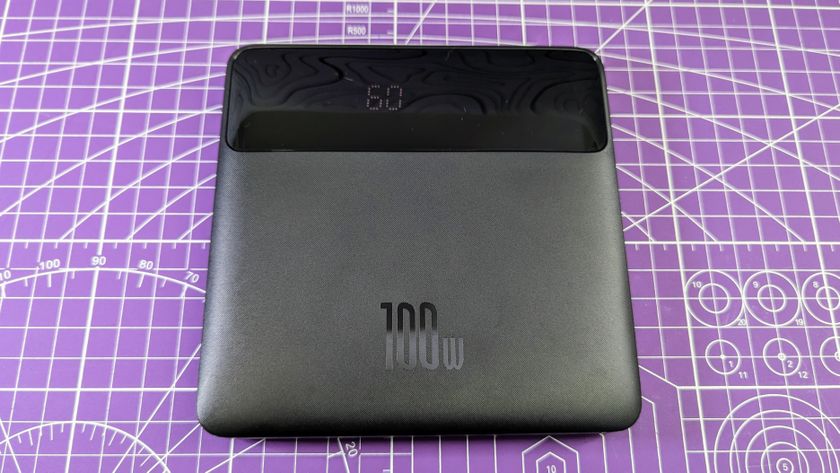
I’ve used a lot of power banks, but the Baseus Blade Pro is the only one slim enough for my laptop sleeve
